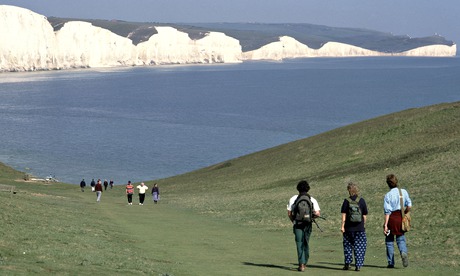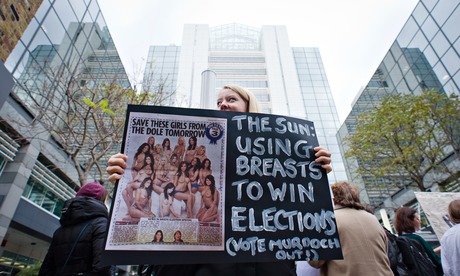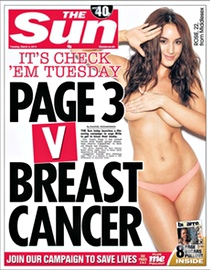Imagine going to a doctor with a broken foot, say, or a bad back, or in a worst-case scenario, cancer, and being told that doing nothing would be the best course of action? Naught, zero, forget about it, go home – it hardly sounds like heartening advice.
But that could be the case. Senior doctors say that many procedures routinely carried out are in fact pointless. The Academy of Medical Royal Colleges, which represents 22 colleges, has published a list of 40 tests or treatments that they say have little to no effect on the patient, including x-rays for back pain and plaster casts for some small fractures.
The move is part of a campaign called Choosing Wisely, aimed at helping both medical professionals and patients to make informed decisions. A laudable goal of course, but as truth after sober truth unfurls on the website it feels like being repeatedly told that Father Christmas doesn’t exist. You know in your heart that this information is correct, but you don’t really want to hear it. Sure, you’ll come out the other side wiser and more mature, but also sadder; carrying with you the dull, adult ache of acceptance. The world is somehow a less joyful, more utilitarian place when you know that tap water is just as effective as cleaning cuts and grazes as sterile saline solution, or that hooking yourself up to a drip after an epic bender will not make you feel any better (although it does make for a great Instagram post).
Doing nothing when it comes to our health is not a palatable idea. We live in the age of intervention, when the most important thing in life is to do something, anything, everything – to have control over our own destiny. This way of thinking has spawned a million lifestyle bloggers, thousands of wellness apps, and more photographs of avocado on toast than could ever be necessary.
And there are some extremely serious – and uncomfortable – truths outlined by the academy. Palliative chemotherapy – sometimes used to shrink tumours or eliminate distressing symptoms – may not be the best course of action for terminal cancer patients, for example. Chemotherapy is toxic, and the academy says it may do more harm than good and can raise false hopes.
The truth is that many aspects of life are simply uncontrollable. Ageing, infertility, death and disease – even broken bones – are most often out of our hands. And hearing this news now, post-Brexit, when unemployment, housing and the economy are looking so precarious is an added kick in the teeth. When things are this bad, we want the illusion of control at least.
Who wants to tell a hopeful, expectant and possibly angry patient that ‘nothing’ is the answer?
I speak as someone who last week spent £70 on supplements in my local health food shop, in an almost certainly useless attempt to turn the clock back and coax my ovaries, ravaged by the chemotherapy I had five years ago, into spitting out one or two final, viable eggs. This was after being told by a consultant that I was extremely unlikely to be able to conceive. Did I accept the news stoically and quietly? Did I thank my lucky stars that at least I was alive, and feel grateful? Of course not. I whipped out my phone and began combing message boards and medical journals, downloading papers, buying books and noting down names of supplements I had never heard of. Doing nothing in the face of life’s black humour feels defeatist.
“You can’t put a price on health can you!” I said like a lunatic in the shop, embarrassed to be spending so much on what could be quite possibly be snake oil. Well, yes, you can: £70 in my case. It should also be noted that the consultant did not tell me to do nothing either. Despite the diminishing odds of IVF and my advancing age, there were “options”, she said. I didn’t ask what they were as I have a fair idea (donor eggs; surrogacy; Betty Blue-style madness) and I am not a millionaire. Infertility is a field ripe for doing something rather than nothing. A perfect convergence of the unbearable sadness of longing for a child, coupled with advances in technology and a faint ray of hope. It was a private clinic, and I felt like a walking wallet rather than a patient.
Choosing Wisely, however, addresses things that are more prosaic. It was launched in part to address the fact, revealed in a study carried out last year, that 83% of doctors said they had prescribed or carried out a treatment that they knew to be unnecessary. Well sure – they’re only human. Who wants to tell a hopeful, expectant and possibly angry patient that “nothing” is the answer?
Surely medical professionals have been merrily x-raying backs and putting feet in plaster casts and so on because on some level these things make patients feel good. Sometimes doing something, anything, is a placebo – and perhaps if this was recognised as such, the truth would be more palatable.
Some medical treatments are pointless. But will patients want to know? | Fay Schopen


